The thrill of victory, the agony of defeat – the emotional rollercoaster of sports fandom is a well-known phenomenon. For some, a loss can trigger more than just disappointment; it can lead to a period of low mood and disinterest, sometimes referred to as "sports fan depression." While not a clinically recognized condition, the emotional impact of a loss, especially after a major event like the Super Bowl, can be significant.
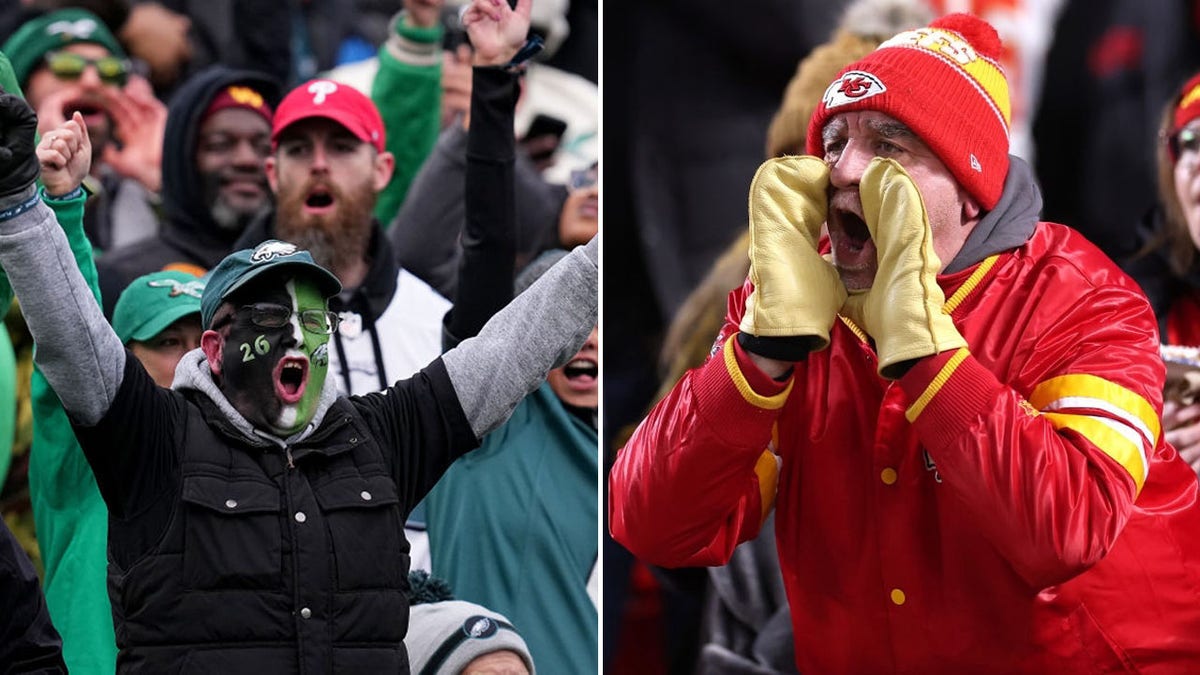
Licensed professional counselor Jill Lamar explains that this experience is "very real" for passionate fans whose emotional investment in their team can impact their well-being. Symptoms can include sadness, frustration, apathy, and a loss of interest in previously enjoyed activities, potentially lingering for weeks after the game. This can lead to distractions at work and social withdrawal, particularly when the season concludes.
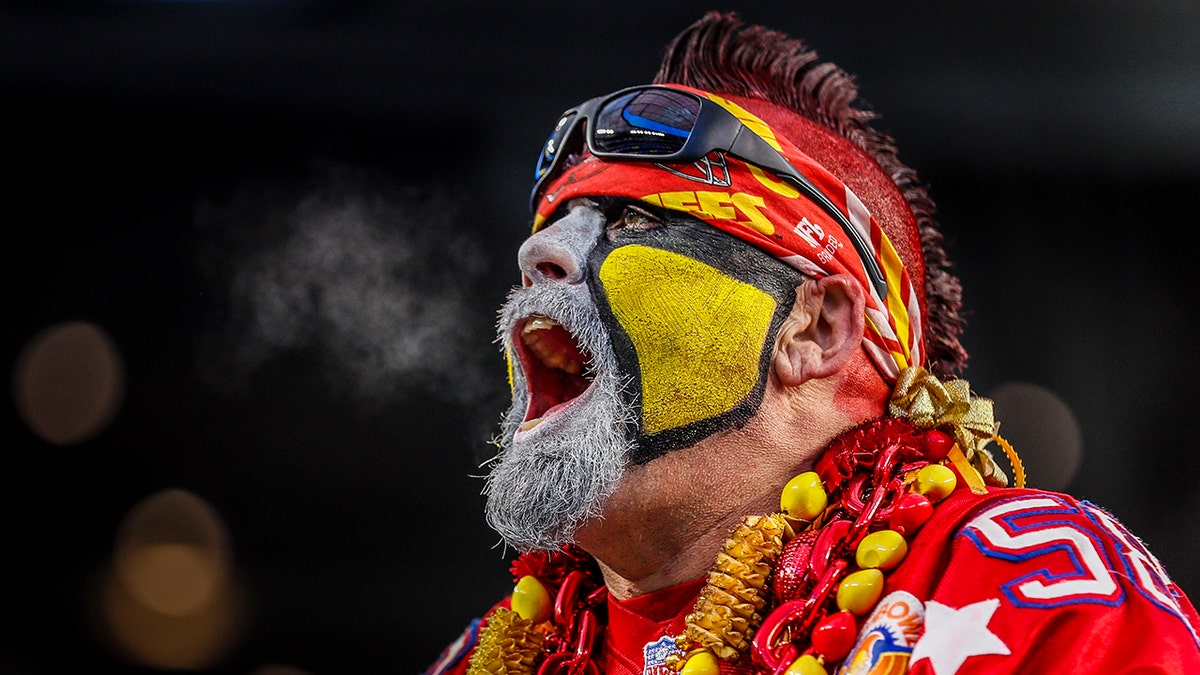
Dr. Christopher La Lima, a licensed psychologist, emphasizes the significant investment fans make in their teams – time, energy, and often money. This investment contributes to a sense of community and shared purpose, making a loss feel like a personal setback. He acknowledges that while not a formal diagnosis, the emotional distress associated with sports fan depression is valid.

Recognizing the Signs
Warning signs can manifest during games as escalating frustration and anger over missed plays or unfavorable calls. While affecting fans of all genders, it's more commonly observed in men. These reactions can range from sighs and occasional outbursts to more intense displays of anger. Post-game, the frustration can turn inward, leading to a period of sadness and irritability that can persist for an extended period.
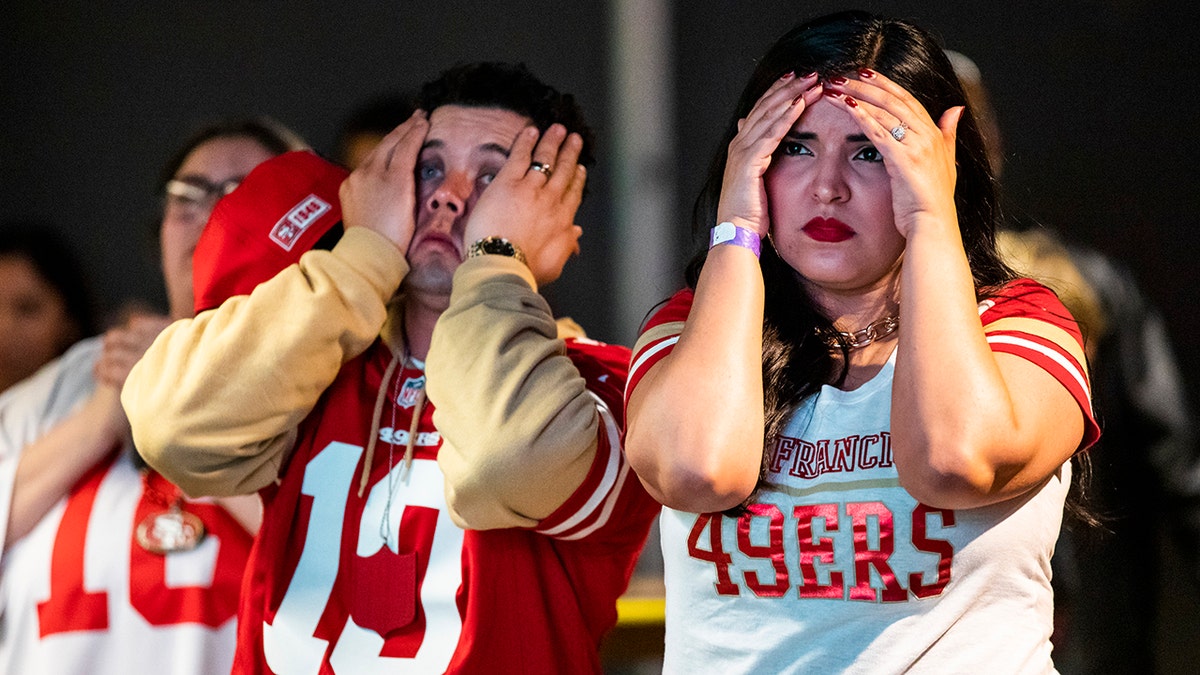
It's crucial to differentiate sports fan depression from clinical depression, which involves distinct diagnostic criteria and persistent symptoms affecting daily functioning, such as significant changes in appetite, sleep disturbances, and feelings of worthlessness.
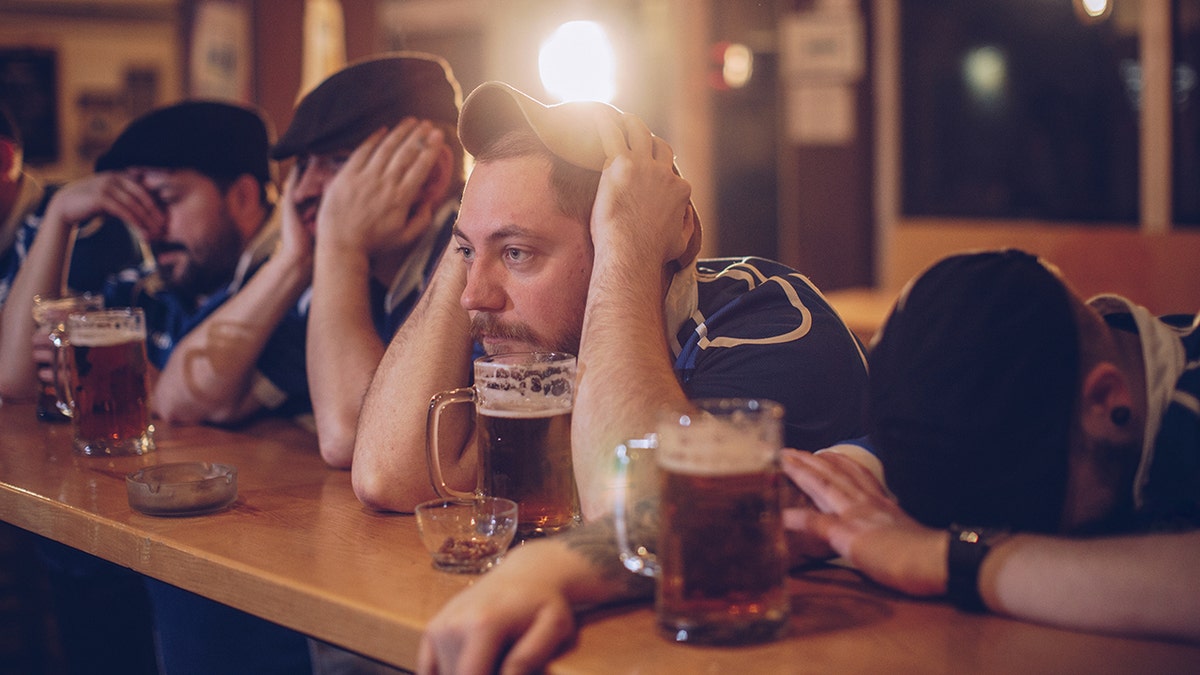
Bouncing Back: Coping Mechanisms
Both Lamar and La Lima offer advice for navigating the emotional aftermath of a loss. Lamar suggests gaining perspective by remembering the bigger picture and not letting sports consume one's life. She recommends focusing on personal goals and priorities, and re-engaging with other interests and activities.
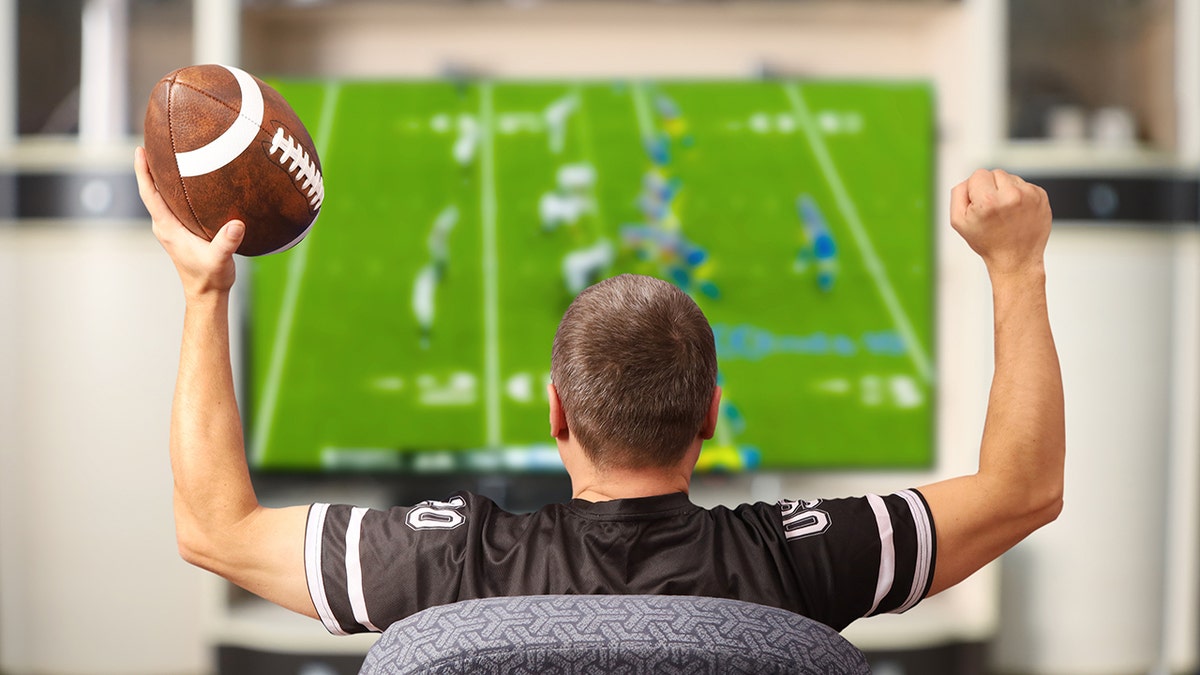
La Lima encourages flexible thinking and problem-solving. He advises taking breaks from sports, seeking distractions, and practicing self-soothing techniques like deep breathing and self-care. Maintaining social connections and seeking support from friends and family is also essential.
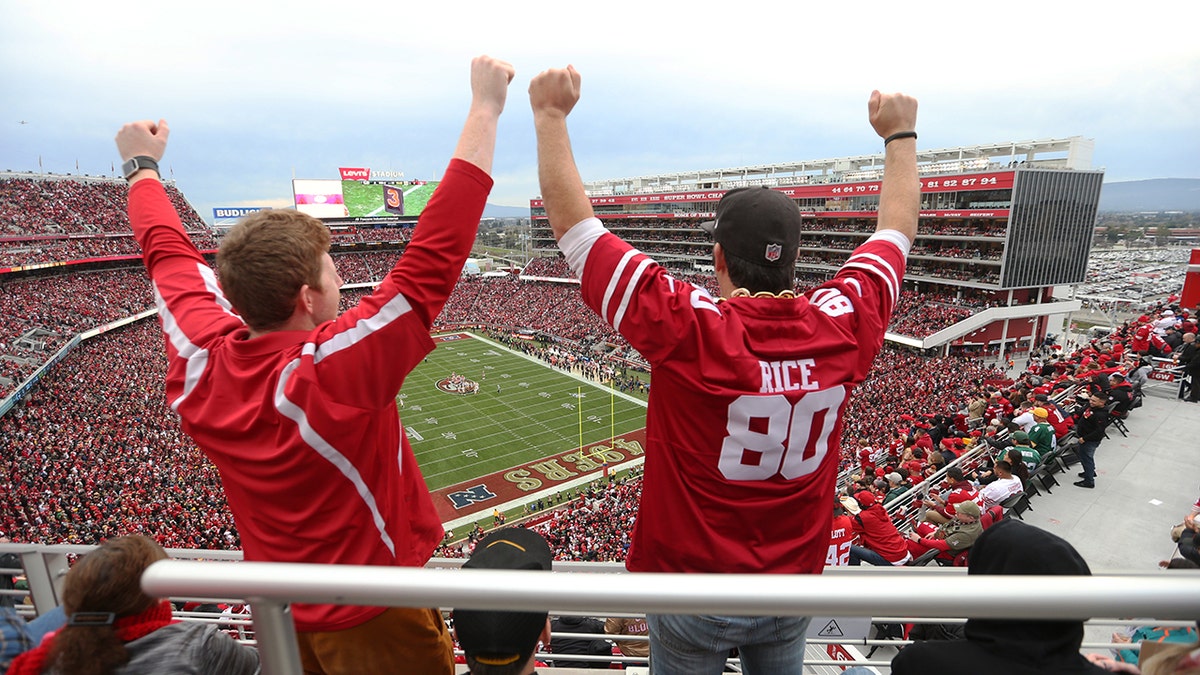
When the season ends, Lamar suggests finding new hobbies or activities to fill the time previously dedicated to following the sport. La Lima emphasizes the importance of expressing feelings rather than bottling them up, recommending open communication with trusted individuals. He also reminds readers that persistent or severe symptoms warrant professional mental health evaluation and treatment.
Comments(0)
Top Comments